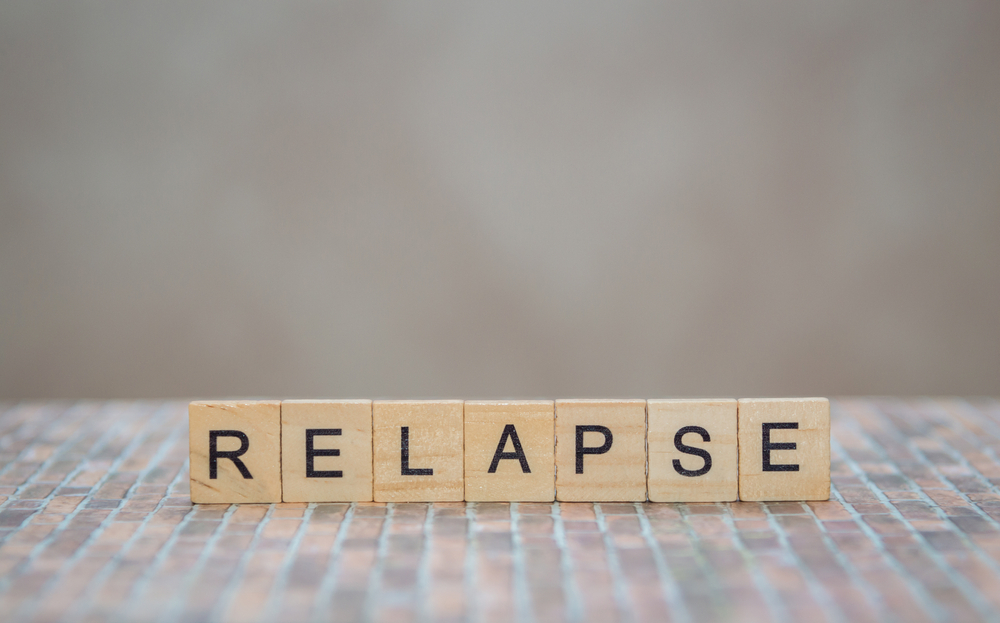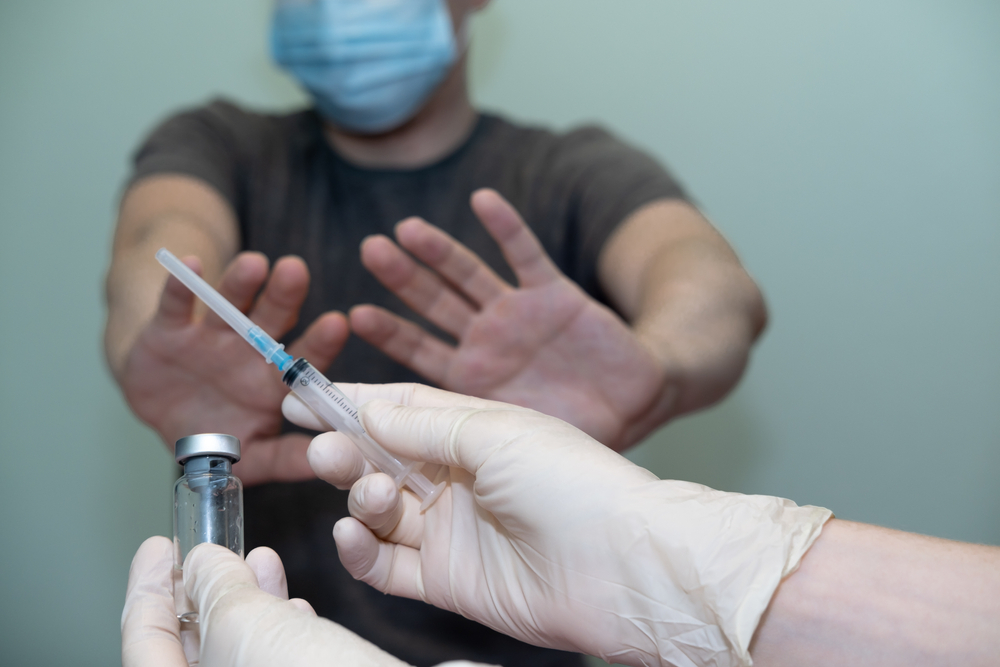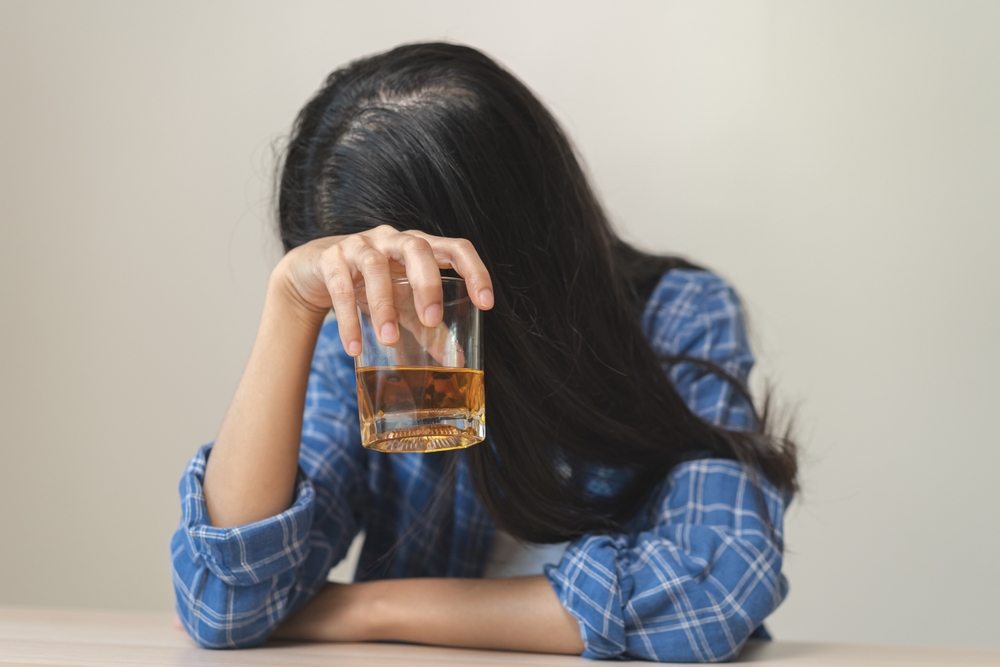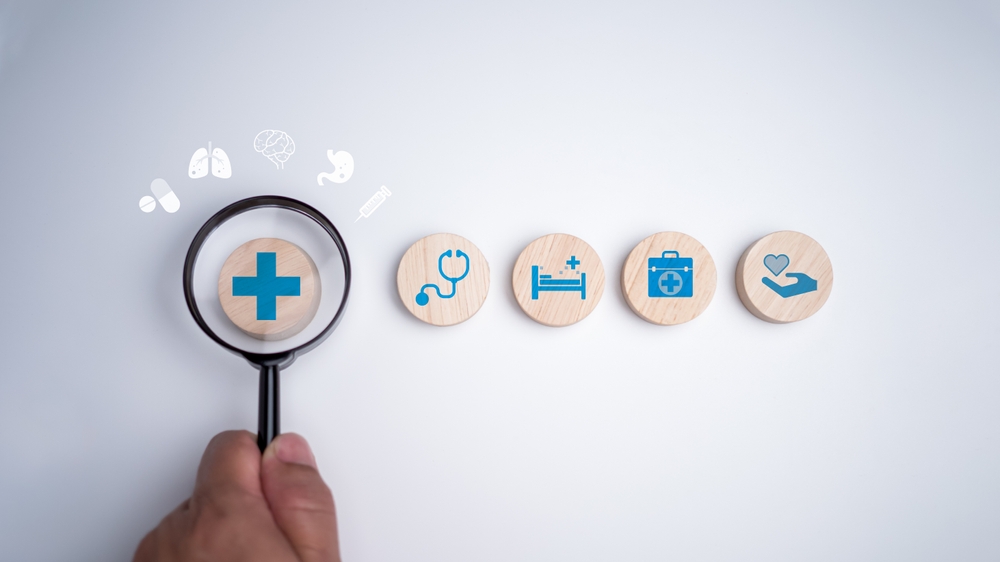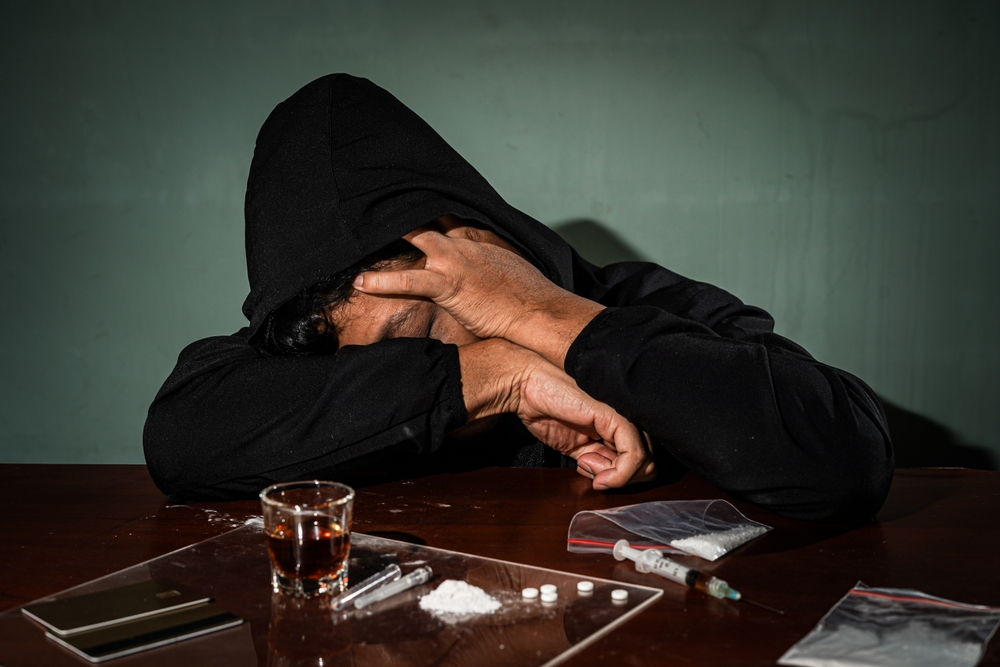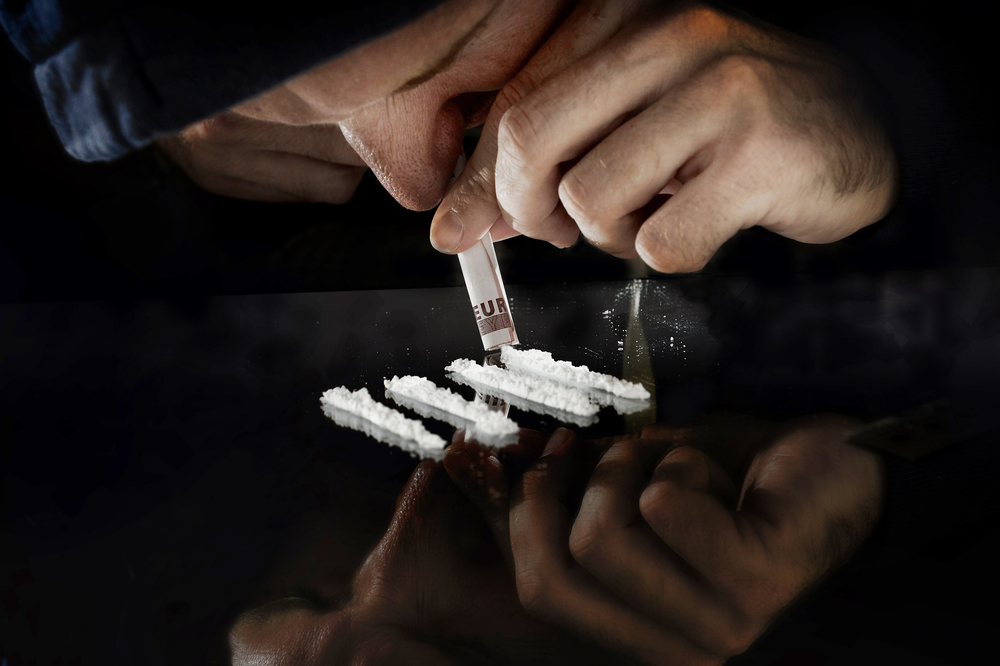Help Guides
Jun 10, 2025
What exactly is a relapse?
A relapse is when someone who's been in recovery returns to using drugs or alcohol again. …
A relapse is when someone who's been in recovery returns to using drugs or alcohol again. …
Help Guides
Jun 10, 2025
What is an intervention?
An intervention is a carefully planned conversation where friends, family or loved ones come …
An intervention is a carefully planned conversation where friends, family or loved ones come …
Help Guides
Jun 10, 2025
We know how heartbreaking it must be to watch someone you care about struggle with addiction. It's even more difficult …
Help Guides
Jun 10, 2025
Addictions are difficult to admit, and acknowledging that you need help can feel even harder. This article is here to …
Help Guides
Jun 09, 2025
Note
The term ‘functioning alcoholic’ is no longer widely used due to the potential stigma it carries. Using this …
The term ‘functioning alcoholic’ is no longer widely used due to the potential stigma it carries. Using this …
Help Guides
Jun 09, 2025
"Can I drink alcohol when pregnant?". It's one of the most commonly searched questions by expectant mothers, and under …
Help Guides
Jun 09, 2025
With so many addiction treatment plans available, choosing the right one can feel overwhelming. You might think you’ …
Help Guides
Jun 09, 2025
What is drug or alcohol misuse?
In many places, having a drink after work, taking something to unwind or using substa …
In many places, having a drink after work, taking something to unwind or using substa …
Help Guides
Jun 09, 2025
Why family support is so crucial in addiction recovery
Addiction can feel incredibly isolating, but when someone deci …
Addiction can feel incredibly isolating, but when someone deci …
Help Guides
Jun 09, 2025
Between 62% and 90% of people who abuse cocaine also drink alcohol, often combining the two without fully understandin …


